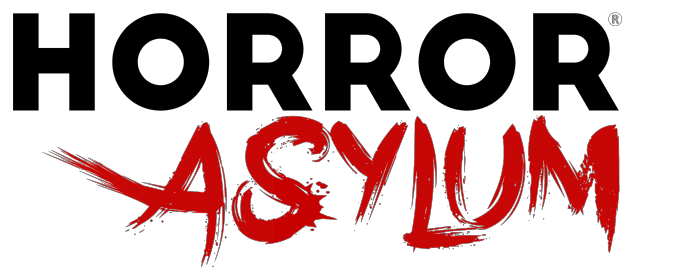Set in Gippsland, Australia (but filmed in the Blue Mountains of New South Wales, not Victoria) in 1896 where Dame Judith Anderson and Joseph Furst play an elderly couple of Austrian immigrants who run an inn. The couple are actually demented killers who murder their few guests. Meanwhile, American bounty hunter Kincaid (Alex Cord) is searching for an outlaw named Biscayne (Robert Quilter), whilst his Aussie colleague (played by Tony Bonner) eventually happens upon the inn. John Meillon plays a local drunk who aids Biscayne in his escape from the determined Yank lawman.
The kind of idea that sounds absolutely awesome on paper, but then you see the movie and it’s…kinda OK, I guess. This 1975 Aussie western/psycho-thriller from writer-director Terry Bourke is watchable, but never anywhere near as much fun as you want it to be. Any movie that brought Aussie-born Dame Judith Anderson back home and has the inimitable John Meillon playing a ne’er-do-well drunk has got to be worth a gander at least once, but trust me, you’ll end up seriously disappointed in the end by this extremely slow-moving, over-plotted film. Despite plot elements that play like a non-comedic precursor to “Motel Hell” (its only real ties to the horror genre), this movie is far more “The Man From Snowy River” than “Psycho” or “Peeping Tom”, a western-thriller, which was certainly not what I expected.
I’m not sure if Alex Cord had enough marquee value in 1975 let alone ever, in order to justify his intrusion on a very Australian story, to be honest. Playing a mixture of Dr. Loomis and “The Man From Snowy River”, for some reason he has decided to filter it through a Clint Eastwood (circa Sergio Leone) impersonation. A pretty bad one at that. Given the eye-rolling name of Kincaid (I’m surprised they didn’t go with Murphy or McBain), Cord is so incredibly unconvincing as an American horse-riding lawman, that you’d swear he was an Aussie giving a clichéd interpretation of a Yank. Boy do we hear that name Kincaid said a lot in the film, and the equally corny Biscayne. Take those two names out of the script and it’d be a practically silent film. I’m not sure if Cord was simply the best producers could afford at the time, but the role cries out for someone a more charismatic or accomplished like James Coburn, Jason Robards, or Lee Van Cleef (all three of whom have worked not only in westerns, but in Leone spaghetti westerns at that). As for Dame Judith Anderson, there’s nothing great about her performance, but it is still a good use of her presence. Perfect casting there. Joseph Furst is also fine, and although it’s not a good part, the late John Meillon is a national treasure. He couldn’t be more perfect, even if you wish he were in more of the film. Or maybe not even in the film at all, given how unnecessary his character is. See, that’s the thing. This is like one film having a head-on collision with another film entirely…very slowly. And then there’s a third film in there trying to compete.
Also, it has to be said that some of it is sloppy. Take the first murder for instance, it’s shot in such an obscuring way that you feel it’s meant to be a mystery, but then we quickly see who the murderer is anyway. What the hell? There’s a great film in here, possibly even two, but with three films struggling to win the battle for supremacy of screen time, it’s just too cluttered and ultimately very disappointing. Remove some of that clutter and focus on the Furst and Anderson characters and their boarders, and you’ve got a helluva story, and fairly original for Australia, too. As is, it’s a mess. Still, it’s an Aussie genre film and that’s always something to have a look at (and it’s a period genre film at that, which is unusual for Australia).
OVERALL SUMMARY
So long as you don’t expect a horror film, it’s surprisingly not boring given the pacing. However, being that it plays like three underdone films in one, it’s not going to leave you terribly satisfied. Oh, what might’ve been.
